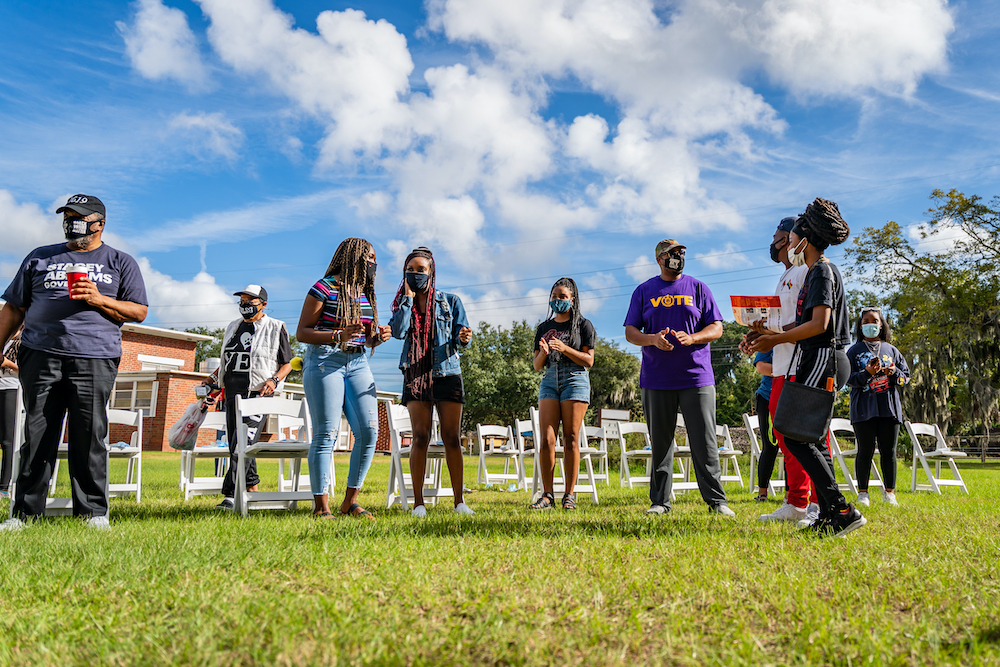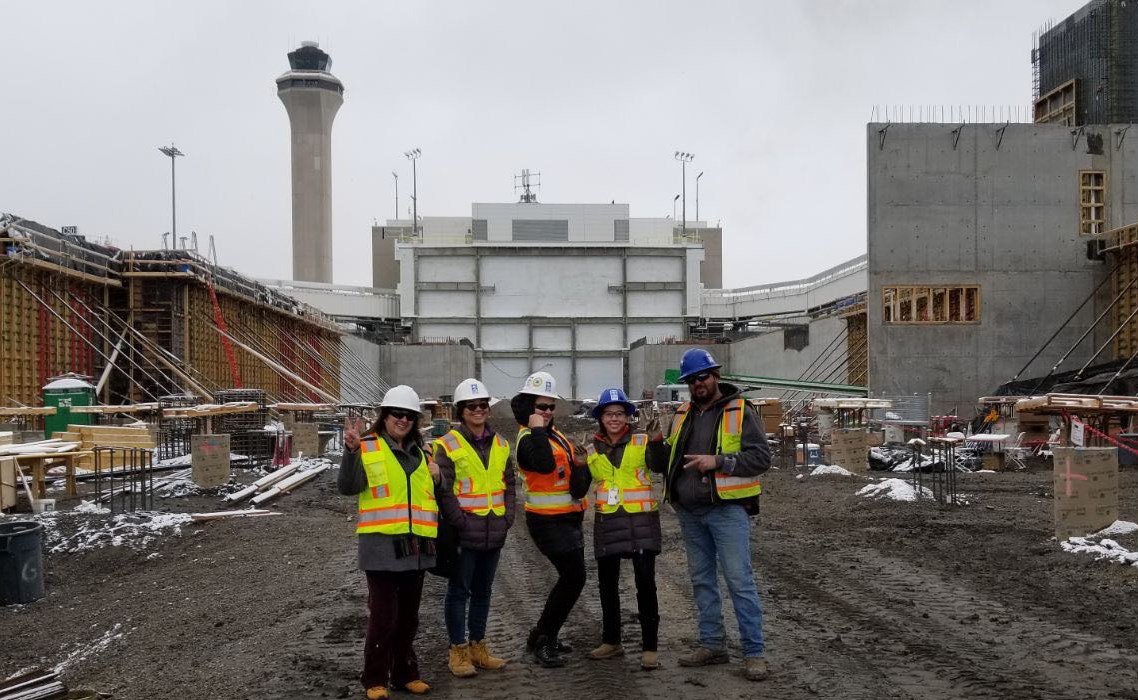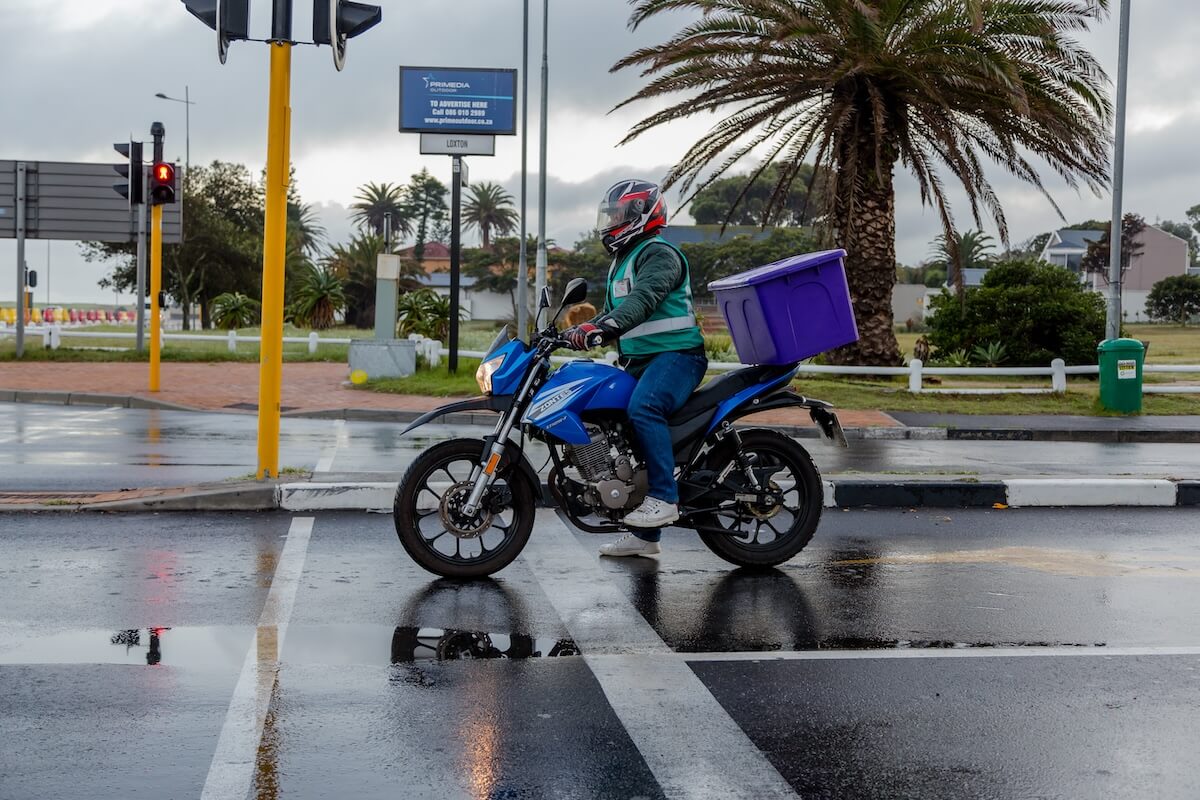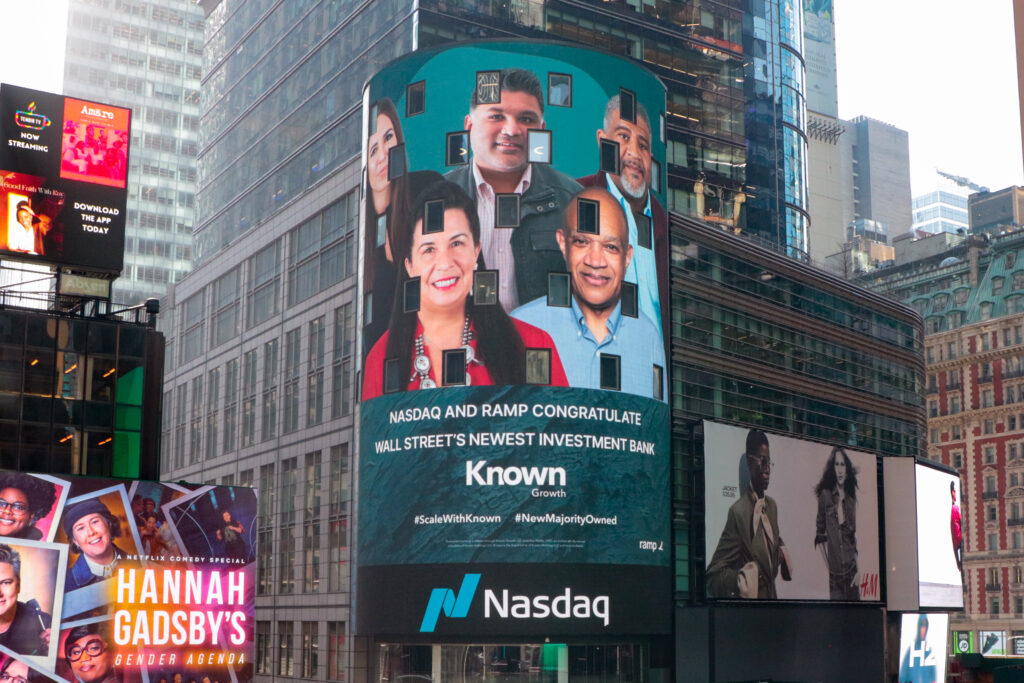ImpactAlpha, Jan. 5 – The impact of the massive voter education effort in Georgia may last well beyond today’s runoff election for two seats in the U.S. Senate.
“The same effort of mobilizing people will take hold as it relates to access to capital and addressing other barriers – including in impact investing – to ensure that it’s grounded in what’s going to be impactful in the community,” Latresa McLawhorn Ryan of the Atlanta Wealth Building Initiative said on ImpactAlpha’s recent Agents of Impact Call.
Atlanta ranks near the bottom of the nation’s cities in income inequality and economic mobility. Stacey Abram’s Fair Fight Action, along with the Georgia Coalition for the People’s Agenda, New Georgia Project, Black Voters Matter and other groups, has been knocking on doors and mobilizing voters.
The wealth-building initiative, re-launched in 2017, is seeking to build on that personal agency to organize around policies and systems to redress the city’s racial disparities.
Care economy
Issues of child care, elder care, health care and paid family leave are resonating for essential care workers and family caregivers – and driving votes, especially among women, who make up the majority of both groups.
Political activists at Family Friendly Action, a political-action committee, and Care in Action, a sister organization of the National Domestic Workers Alliance, are putting lessons learned in the November general election to work in Georgia.
“These are very core economic issues that have been marginalized and are largely unseen,” Lisa Guide of Women Effect Action Fund, which funds Family Friendly Action, told The New Yorker.
Care issues are resonating in the market as well. Last year, Impact America Fund backed Boston-based CareAcademy, which provides professional development in the booming home-care economy, which is growing at about 8% a year.
Social factors
“Moving the ‘s’ in ESG from small ‘s’ to large ‘S’ – that’s the opportunity of a lifetime,” Atlanta entrepreneur and investor Donray Von said on The Call.
Von moved back to Atlanta from L.A. to acquire and develop a mall near historically Black colleges Morehouse and Spelman in an Opportunity Zone near where he grew up.
“Atlanta is showing up,” he says, “I’m asking all my friends if they have voted. I’m calling my uncle who’s paralyzed from the waist down, offering to drive him to the polls, and he tells me that he’s already been to the polls.”











